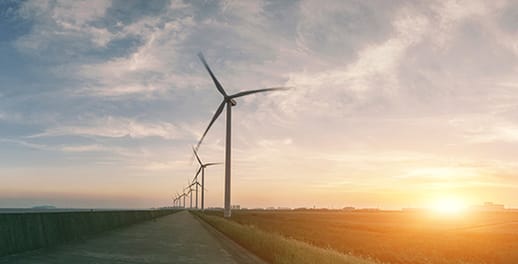Watch: COP26 | key takeouts
Episode 7 of Climate Conversations on Business Watch with Michael Avery.
An eight-part series in the lead-up to COP26 to discuss whether we’re turning the tide on climate change.
This week Michael Avery is joined by Olivia Rumble, director at Climate Legal and co-editor and co-author of Climate Change Law and Governance in South Africa; Tanya dos Santos, Global Head of Sustainability for Investec & Tracey Davies, director of Just Share.
An eight-part series in the lead-up to COP26 to discuss whether we’re turning the tide on climate change.
This week Michael Avery is joined by Olivia Rumble, director at Climate Legal and co-editor and co-author of Climate Change Law and Governance in South Africa; Tanya dos Santos, Global Head of Sustainability for Investec & Tracey Davies, director of Just Share.
Episode 7 of Climate Conversations on Business Watch with Michael Avery.
An eight-part series in the lead-up to COP26 to discuss whether we’re turning the tide on climate change.
This week Michael Avery is joined by Olivia Rumble, director at Climate Legal and co-editor and co-author of Climate Change Law and Governance in South Africa; Tanya dos Santos, Global Head of Sustainability for Investec & Tracey Davies, director of Just Share.
An eight-part series in the lead-up to COP26 to discuss whether we’re turning the tide on climate change.
This week Michael Avery is joined by Olivia Rumble, director at Climate Legal and co-editor and co-author of Climate Change Law and Governance in South Africa; Tanya dos Santos, Global Head of Sustainability for Investec & Tracey Davies, director of Just Share.
Receive Focus insights straight to your inbox




